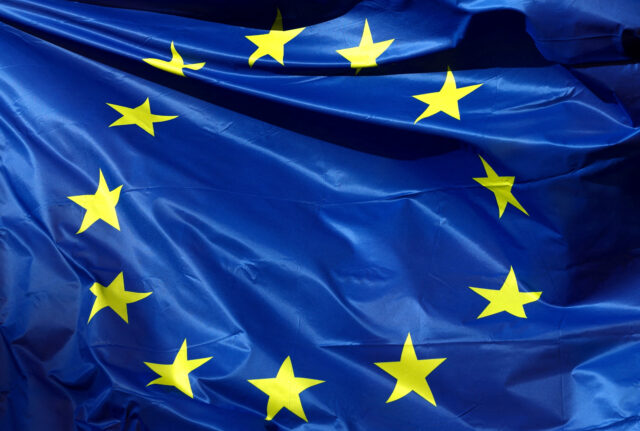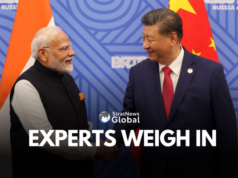
On Wednesday, the European Commission (EU) initiated an investigation into the procurement of medical devices by China. This move is part of an effort to shield EU manufacturers from potentially unfair competition. Beijing quickly expressed disapproval of the probe, which aims to assess whether European suppliers are given equitable access to the Chinese market, according to the EU’s official journal. Should the investigation find that European companies face unfair restrictions, it may result in the EU imposing limitations on Chinese medical device firms participating in EU public tenders.
The probe is the first under the EU International Procurement Instrument, which aims to promote reciprocity in access to international public procurement markets, following long-running complaints from European companies and governments over access to the Chinese market. It comes just a day after a Chinese security equipment company was raided by the European Commission at its Dutch and Polish offices. And, with the EU flexing its trade muscles, it also follows the launch of a major EU probe which the Commission kicked off in October to assess whether to impose punitive tariffs against cheaper Chinese electric vehicle imports which Brussels says are benefiting from state subsidies. The EU is also looking at subsidies received by Chinese suppliers of wind turbines and solar power destined for Europe. German Chancellor Olaf Scholz lobbied for better market access for German firms in China in talks with Chinese President Xi Jinping this month.
“For some time now, the European Union has frequently used its economic and trade toolbox and trade remedy measures, sending out protectionist signals, targeting Chinese enterprises and damaging the image of the European Union,” Chinese foreign ministry spokesperson Wang Wenbin told a regular news briefing when asked about the medical devices probe.
“The EU has always boasted that it is the most open market in the world, but of course what the outside world sees is that the EU is moving step by step towards protectionism,” he said, adding the EU should “stop using all kinds of excuses to suppress and restrict Chinese enterprises for no reason”.
The EU official journal listed a number of ways in which the Commission suspected China was unfairly favouring Chinese bidders, including a “Buy China” policy, restrictions on imports and conditions leading to abnormally low bids that profit-oriented companies could not offer.
“The Commission’s preliminary assessment is that the above measures and practices result in a de jure and de facto serious and recurrent impairment of access of (European) Union economic operators,” the EU journal said.
The Commission has extended an invitation to China to present its perspective and to engage in consultations aimed at addressing or rectifying the alleged measures and practices, as reported by the journal. The investigation is scheduled to be completed within nine months, but there is a provision for the Commission to extend this period by an additional five months if necessary.
With Inputs From Reuters
Research Associate at StratNewsGlobal, A keen observer of #China and Foreign Affairs. Writer, Weibo Trends, Analyst.
Twitter: @resham_sng




